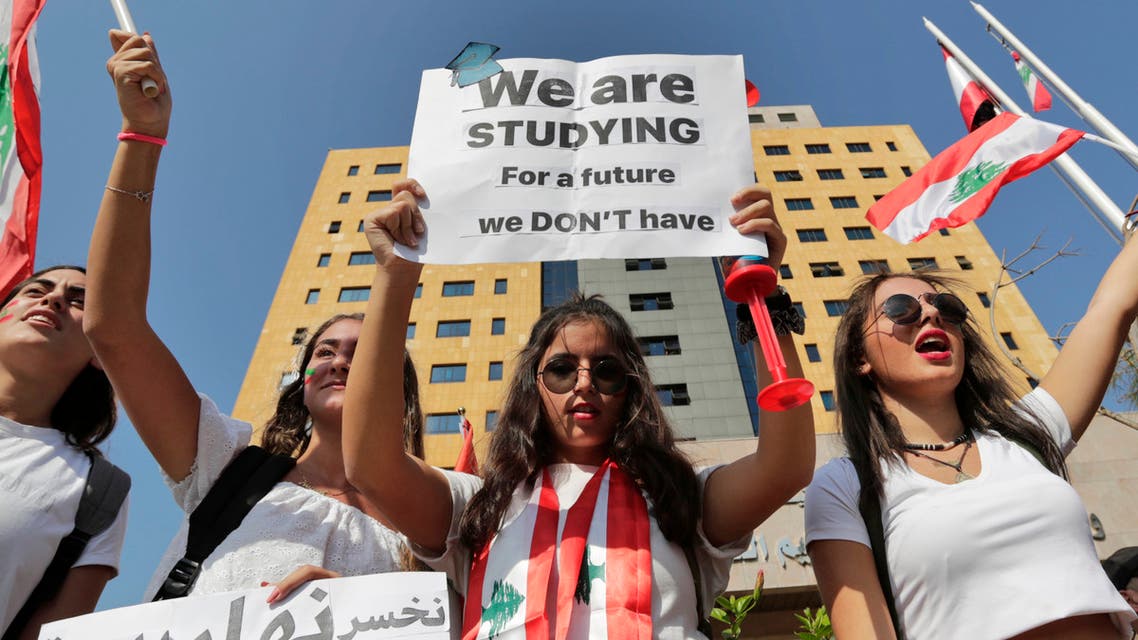A Failing Education: Lebanese Students and Teachers Protest School Exams Amidst Economical Disaster
Lebanon has been enduring economic hardships for quite some time now. The Lebanese pound’s worth has plummeted massively. Education is going down heil, and so is the economy, health, safety, and much more. With the pandemic, students have had to study from home, even though they don’t have the means to do so. Now with the instability of Lebanon, students have started a movement to protest having exams this month, and some of the teachers have joined in as well.

Lebanon’s state is ranked by the international bank as one of the worst economical crises since the 19th century. With no electricity, students use the light of a lighter to study. Lebanese students have asked the Ministry of Education to move examination dates to another time as having exams this month would be problematic, with the hardships the students are currently going through.
Because of the pandemic, students have had to study from home, and were not ready for that. With the general state of Lebanon, the plummeting of the Lira’s price, and the people not being able to afford anything, education has become unmanageable. All of such which has had a major effect on the youth’s mental and emotional health, making it harder to start examinations in 10 days.
The students have been having mental breakdowns that many teachers can testify to. They’ve been hysterically crying in classes due to the hard times their families are going through. Consequently, the students have launched a trending statement on social media that says “Pull back, Tarek.” Tarek Majzoub, the Minister of Education, has been asked to take back the decision on exams taking place this month, with the hope that he will recognize the hardships students are going through.
Nesrin Shahin
According to the Chairperson of the Contracting Professors’ Committee, Nesrin Shahin, the students’ request to cancel the exams is their right. Especially students under the age of 13, who are living in a stressful time they have not experienced before. She also said that having the exams would be unfair to the students, especially for students in governmental schools, who haven’t had the chance to get the proper education and finish their curriculums during the pandemic.
Electricity goes out for long hours. Although they have generators for electricity, they have no money to keep up with it. Moreover, students don’t have computers or phones to use for studying. Some just have just one phone to share with their siblings.
Shahin also mentions that teachers who work in governmental schools have had some issues for three months, which makes the relationship between the teachers and students unstable. Nonetheless, the Ministry of Education has decided to demonstrate the examinations for the students in their own schools, and not to distribute them among other schools like before. Additionally, the curriculums are much smaller now with multiple lessons canceled. All in consideration of the hardships and situation of this school year.
Just like the students, some of the teachers are against having the exams this month, and declared that they will not be supervising the exams. The average monthly salary of a teacher is 800,000 Lira, which lost its value by 90%. While the salary is for specific hours worked, supervising is not included in the salary. Meanwhile, the fee for supervising exams is 50,000 Lira, which has reached a staggering level of only three dollars now.
There is no transportation provided for the teachers to and from school. Shahin says that boycotting supervising is not just related to financial matters, it is also about the teacher’s respect, and about not being taken advantage of.
